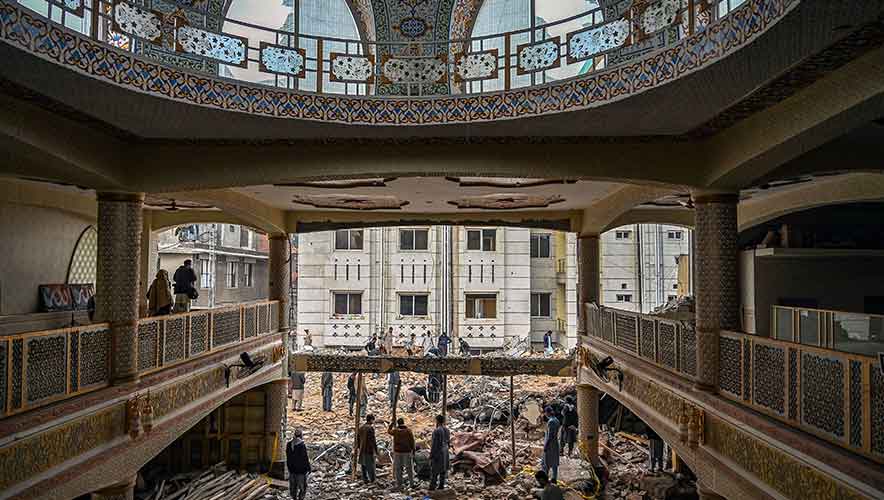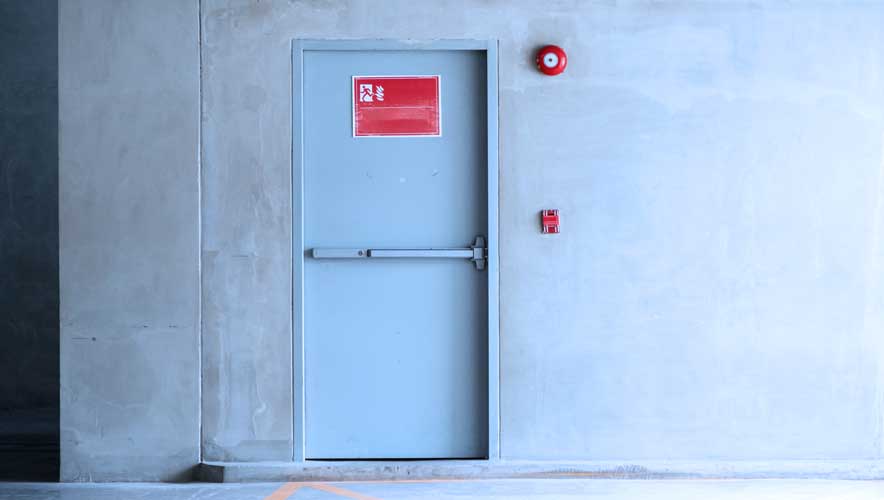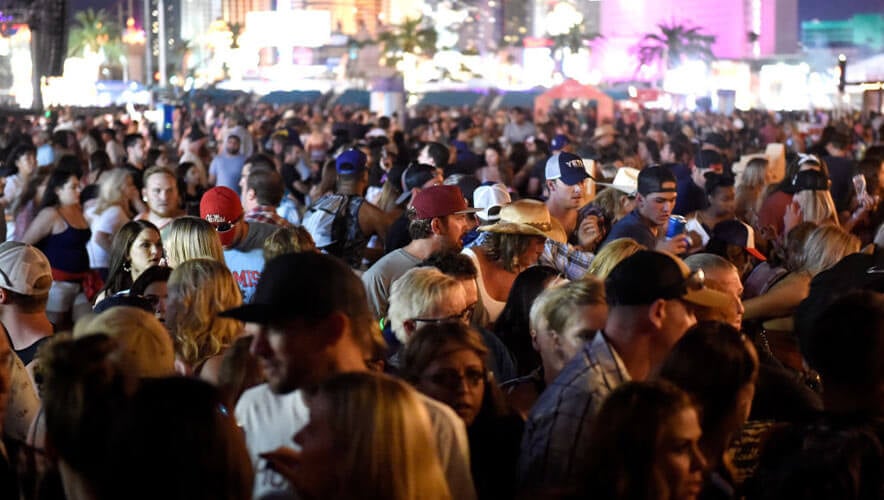Peshawar Mosque Bomber Gained Access with Police Officer Disguise
A suicide bomber who killed more than 100 people gained access to a high security area in Peshawar, Pakistan, by donning a police uniform and riding in on a motorbike, authorities announced Thursday.
The bomber—whose identity has not been released but is reportedly a member of the militant network Pakistani Taliban—targeted a Sunni mosque in Peshawar on 30 January, detonating the explosives during midday Zuhr prayers. The blast killed 101 people and injured more than 220 others, the Associated Press reports.
An investigation into the cause of the blast revealed that the bomber could be seen on video surveillance footage wearing a helmet and mask, riding his motorcycle through a security checkpoint before parking and asking for directions to the mosque—which he ultimately walked to.
“The police guards at the main entrance thought he was a member of the force; they didn’t check him,” said Mozzam Jah Ansari, police chief of Kyber Pashtunkhwa province, in an interview with Reuters.
Most of the people who were killed in the attack were members of the police—97—and an additional 27 officers were injured. The AP reports that investigators suspect the bomber may have been helped by someone who lives in a compound near the mosque.
Pakistani Defense Minister Khawaja Mohammad Asif and Interior Minister Rana Sanaullah Khan have already accused the Pakistani Taliban (known as TTP) of plotting the attack from Afghanistan and demanded the Afghan Taliban take action.
“Initially a TTP commander claimed responsibility for the suicide bombing, but hours later the group’s chief spokesman distanced the TTP from the carnage, saying attacking mosques was not its policy,” according to the AP.
Other Pakistani officials say a faction of the TTP—Jamat-ul-Ahrar—was involved in carrying out the bombing.
“Jamat-ul-Ahrar has claimed responsibility for several major attacks in the region over the years, including the twin suicide bombings at All Saints Church that killed scores of worshippers in September 2013, in what remains the most deadly assault on the country’s Christian minority,” Reuters reports.
The TTP has become more powerful during the last few years after the Afghan Taliban regained control of Pakistan’s neighbor in 2021. TTP militants have returned to the northern valley of Swat and resumed intimidating tactics against influential members of society, despite a ceasefire agreement between TTP and the Pakistani government between June and December 2022.
“Wealthy businessmen, elected representatives, and doctors began receiving anonymous calls, made from Afghanistan and within Pakistan, demanding they either pay hefty extortion sums or move to other cities,” The New York Times reports. “The surge in extortion and threats of violence prompted thousands of protestors to flood the streets of Swat in October, demanding the government keep the peace."
The October 2022 mass demonstrations occurred after an unknown individual rode a motorcycle into Mingora—a central town in Swat—and opened fire on a school van, killing the driver and wounding a student. Residents claimed the TTP was responsible.
The rise in violence also comes at a time when Pakistan continues to struggle to recover from devastating summer floods, its economy is nearing collapse, and basic services are struggling. Six days before the bombing, for instance, the nation was hit with a blackout that lasted an entire day.
The rupee is also at a record low against the U.S. dollar as inflation continues to climb. New numbers from the Pakistan Bureau of Statistics released this week said the country’s consumer price index (CPI) rose 24.5 percent in December 2022, compared to 12.28 percent in December 2021.
Representatives from the International Monetary Fund (IMF) arrived in Pakistan on Tuesday—the day after the bombing—to discuss unlocking funds from a $7 billion bailout package ahead of a three-week deadline when Pakistan will run out of reserves to pay for imports. The IMF previously provided bailout funds to Pakistan in 2019 and 2022.
“But the money won’t be unlocked so easily this time, as IMF officials want to see Pakistan’s government implement fiscal reforms,” CNBC reports. “Those include allowing a market-determined exchange rate for the country’s currency, the rupee, and the reduction of fuel subsidies, which have become more costly amid the global rise in energy prices.”
To curb the violence, some security officials said military, law enforcement, and political leaders will need to come together to reach a new consensus and address instability in the country.
“There is clear instability and polarization in the society, which is leaving a vacuum,” said Muhammad Zeeshan, a former military officer who is now the director general of the Centre for Peace, Security, and Developmental Studies in Islamabad, in an interview with Al Jazeera. “TTP is utilizing this space and exerting pressure on a government which is facing multiple challenges. It is a good moment for them to perpetrate violence and force the government to negotiate with them on their terms.”
For more information on protecting houses of worship, visit the ASIS International resource page “Securing Houses of Worship.”










